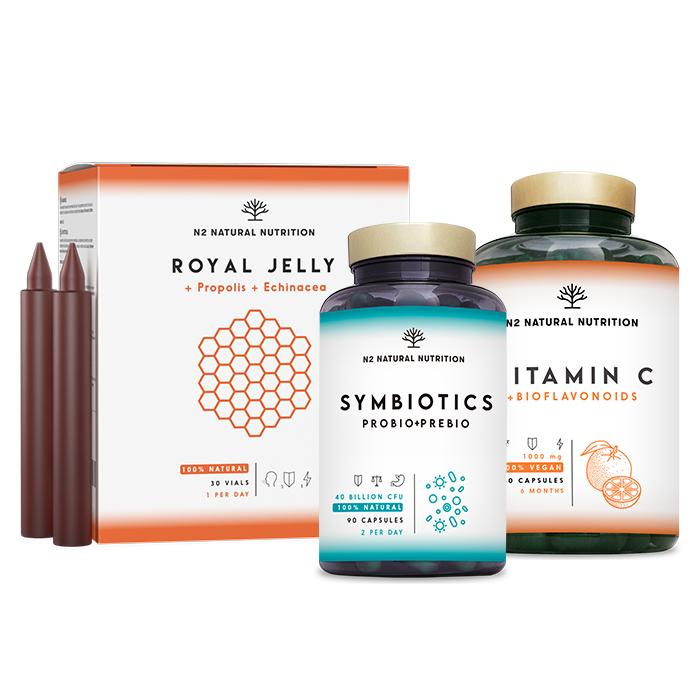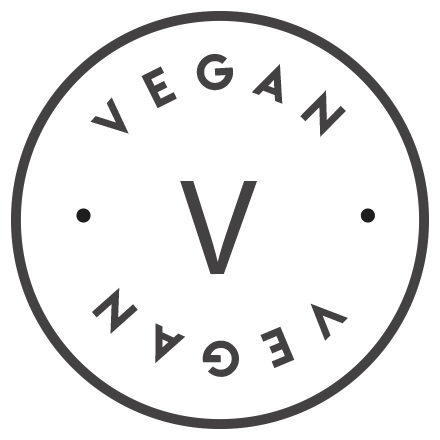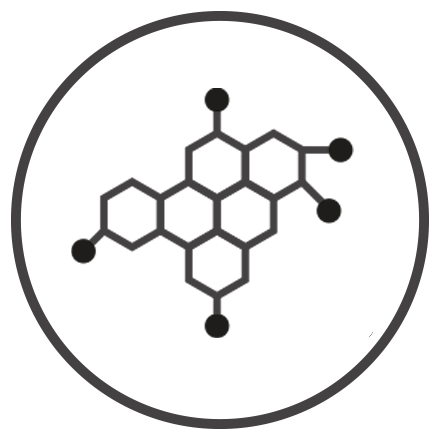Alkhatib, Ahmad. “Yerba Maté (Illex Paraguariensis) Ingestion Augments Fat Oxidation and Energy Expenditure during Exercise at Various Submaximal Intensities.” Nutrition & Metabolism, vol. 11, no. 1, 2014, https://doi.org/10.1186/1743-7075-11-42.
Martinet, A., et al. “Thermogenic Effects of Commercially Available Plant Preparations Aimed at Treating Human Obesity.” Phytomedicine, vol. 6, no. 4, 1999, pp. 231–238., https://doi.org/10.1016/s0944-7113(99)80014-2.
Goldstein, E.R., Ziegenfuss, T., Kalman, D. et al. (2010). International society of sports nutrition position stand: caffeine and performance. J Int Soc Sports Nutr. 7, 5. https://doi.org/10.1186/1550-2783-7-5
Grgic, J., Trexler, E.T., Lazinica, B. et al. (2018). Effects of caffeine intake on muscle strength and power: a systematic review and meta-analysis. J Int Soc Sports Nutr. 15, 11. https://doi.org/10.1186/s12970-018-0216-0
Hao L and Bello NT (2021) Reduced Body Fat and Epididymal Adipose Apelin Expression Associated With Raspberry Ketone [4-(4-Hydroxyphenyl)-2-Butanone] Weight Gain Prevention in High-Fat-Diet Fed Mice. Front. Physiol. 12:771816. doi: 10.3389/fphys.2021.771816 https://doi.org/10.3389/fphys.2021.771816
Leu, S. Y., Chen, Y. C., Tsai, Y. C., Hung, Y. W., Hsu, C. H., Lee, Y. M., et al. (2017). Raspberry ketone reduced lipid accumulation in 3T3-L1 cells and ovariectomy-induced obesity in wistar rats by regulating autophagy mechanisms. J. Agric. Food Chem. 65, 10907–10914. doi: 10.1021/acs.jafc.7b03831
Leu, S. Y., Tsai, Y. C., Chen, W. C., Hsu, C. H., Lee, Y. M., and Cheng, P. Y. (2018). Raspberry ketone induces brown-like adipocyte formation through suppression of autophagy in adipocytes and adipose tissue. J. Nutr. Biochem. 56, 116–125. doi: 10.1016/j.jnutbio.2018.01.017
Martins GL, Guilherme JPLF, Ferreira LHB, de Souza-Junior TP and Lancha AH Jr (2020) Caffeine and Exercise Performance: Possible Directions for Definitive Findings. Front. Sports Act. Living 2:574854. doi: 10.3389/fspor.2020.574854
Maughan, R. J., Burke, L. M., Dvorak, J., Larson-Meyer, D. E., Peeling, P., Phillips, S. M., Rawson, E. S., Walsh, N. P., Garthe, I., Geyer, H., Meeusen, R., van Loon, L., Shirreffs, S. M., Spriet, L. L., Stuart, M., Vernec, A., Currell, K., Ali, V. M., Budgett, R. G., Ljungqvist, A., Mountjoy, M., Pitsiladis, Y., Soligard, T., Erdener, U., & Engebretsen, L. (2018). IOC Consensus Statement: Dietary Supplements and the High-Performance Athlete, International Journal of Sport Nutrition and Exercise Metabolism, 28, 2, 104-125. https://doi.org/10.1123/ijsnem.2018-0020
Park, K. S. (2010). Raspberry ketone increases both lipolysis and fatty acid oxidation in 3T3-L1 adipocytes. Planta Med. 76, 1654–1658. doi: 10.1055/s-0030-1249860
Park, K. S. (2015). Raspberry ketone, a naturally occurring phenolic compound, inhibits adipogenic and lipogenic gene expression in 3T3-L1 adipocytes. Pharm. Biol. 53, 870–875. doi: 10.3109/13880209.2014.946059
Tsai, Y. C., Yang, B. C., Peng, W. H., Lee, Y. M., Yen, M. H., and Cheng, P. Y. (2017). Heme oxygenase-1 mediates anti-adipogenesis effect of raspberry ketone in 3T3-L1 cells. Phytomedicine 31, 11–17. doi: 10.1016/j.phymed.2017.05.005
Zhao, D., Yuan, B., Kshatriya, D., Polyak, A., Simon, J. E., Bello, N. T., et al. (2020). Influence of diet-induced obesity on the bioavailability and metabolism of raspberry ketone (4-(4-hydroxyphenyl)-2-butanone) in mice. Mol. Nut. Food Res. 64, e1900907. https://onlinelibrary.wiley.com/doi/10.1002/mnfr.201900907









